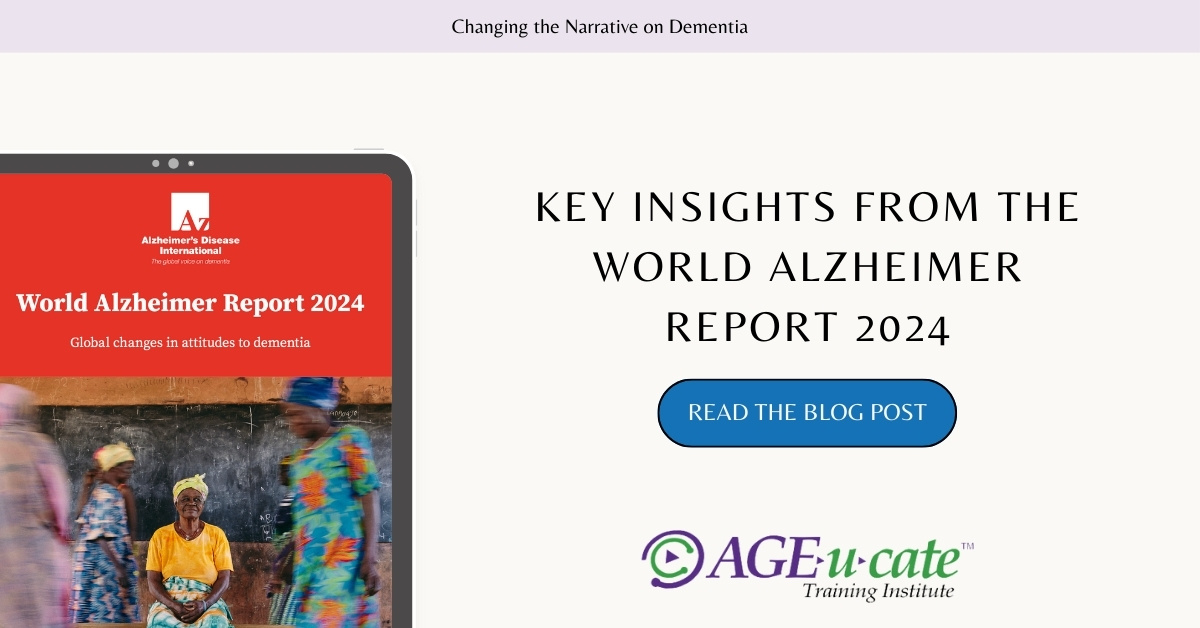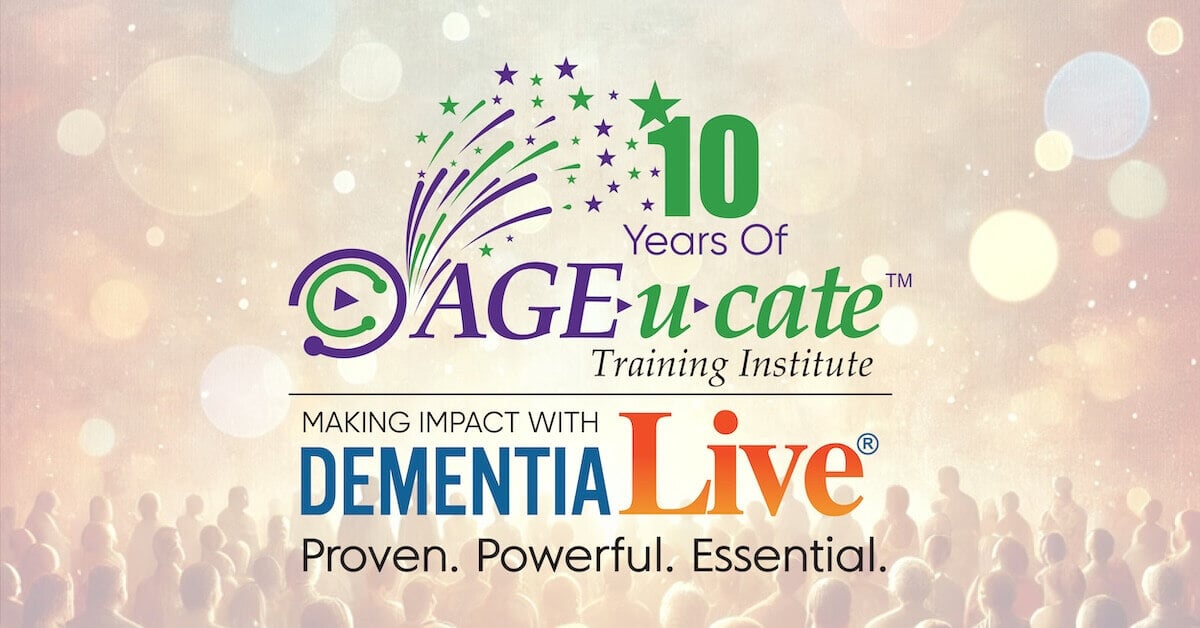Combatting Compassion Fatigue: Why Caregiver Self-Care Matters in Dementia Care
Caring for people living with dementia is not just challenging—it’s profoundly personal, deeply emotional, and often exhausting. Healthcare providers regularly find themselves navigating a complex emotional landscape filled with stress, grief, and sometimes, feelings of helplessness. This can quickly lead to compassion fatigue, a state of emotional and physical exhaustion that affects both professional and family caregivers alike.

%20(1).jpg)
%20(1).jpg)

%20(1).jpg)

.jpg)
